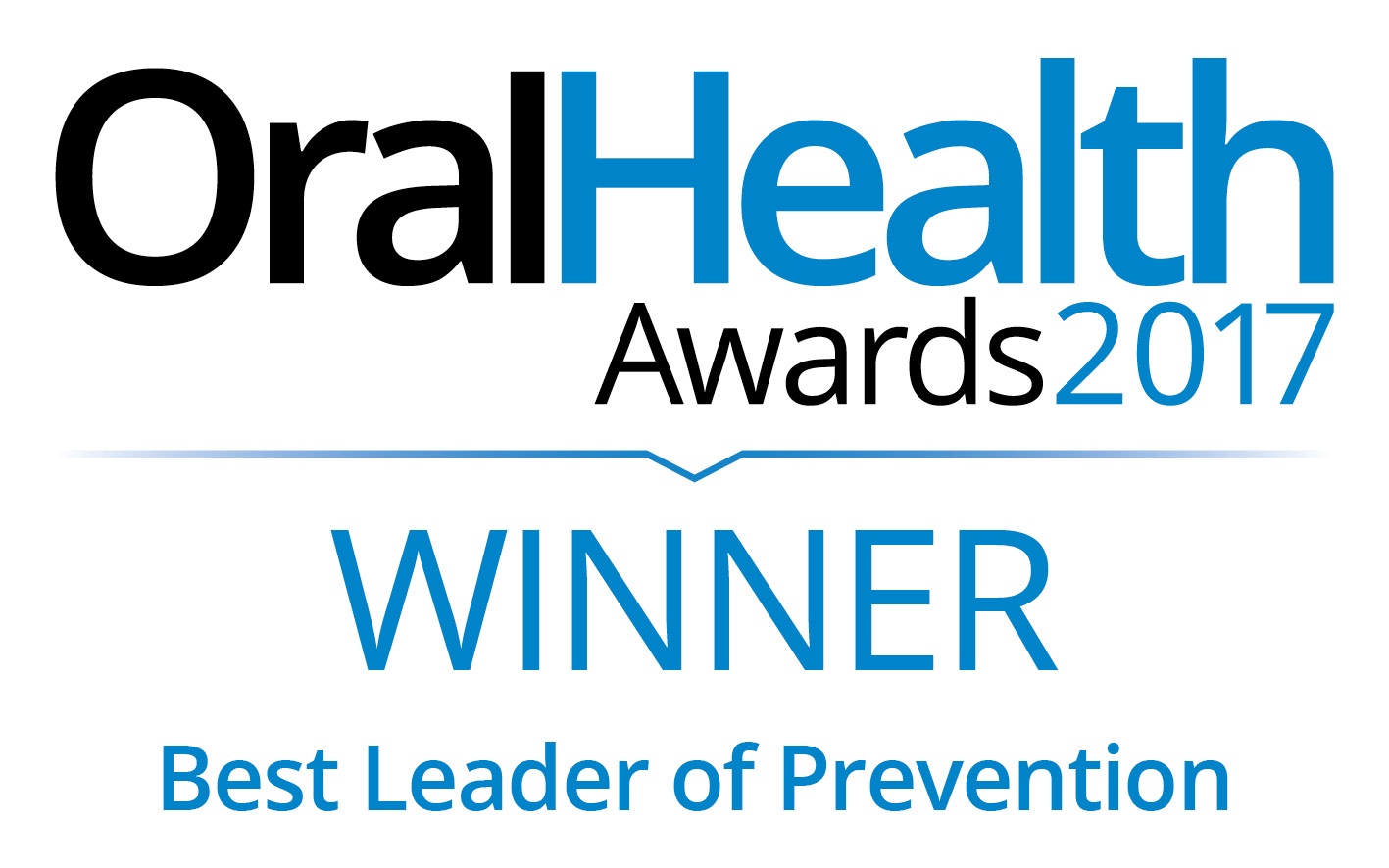
Europerio 2018
What is it and why did we bother to go?

Ben, along with Abi and Nikki (our two super hygienists) spent a couple of days at the end of last week at Europerio 9 in Amsterdam.
What is Europerio?
Europerio is a triennial (every 3 years) scientific, and the worlds leading congress meeting in Periodontology (the study of gums). Over the 2.5 day meeting 10,000 delegates from 111 countries have attended 42 sessions on every aspect of oral health that you could possibly imagine.
What were the highlights of Europerio 2018?
There were a number of very interesting and potentially life changing discussions that came out of the meeting, Iain Chapple, EFP secretary general, spoke about the general health burden of periodontal disease and its impact on mortality. He drew attention to the Perio Focus paper, a global call to action on the impact of the global burden of periodontal disease on the health, nutrition, and well-being of mankind.
He explained the effect of gum disease on general health, outlining a new study (to presented at EuroPerio9 on Friday) on the impact of periodontal disease on chronic kidney disease. This study, which monitored nearly 800 patients with moderate to severe kidney disease over 10 years, found a very significant impact of periodontal disease on kidney disease and suggested that periodontal disease contributed to kidney failure through creating oxidative stress in the bloodstream. It's not just chronic kidney disease that is impacted on by gum disease but many more systemic diseases and a number of life style issues too.
Tongue piercings and gum disease
Clemens Walter (University of Basel, Switzerland) presented research that showed how tongue piercings may affect gums and teeth that are in close proximity to them.
“My interest in piercings began when a young female patient presenting unusually severe periodontal destruction was referred to my clinic,” explained Dr Walter.
“The patient was periodontally healthy with the exception of the lower incisor teeth. We could not identify any known risk factors. The patient had a tongue piercing. Non-surgical and advanced surgical treatment was performed and was not successful. The patient lost teeth. Since then, I have been curious about this association and started to collect cases.”
Subsequent research found an association between oral piercings and increased periodontal inflammation, shown by increased bleeding on probing, probing depth, and attachment loss. The closer teeth were to a tongue piercing, the more affected they were.
“Acknowledging the growing data from all over the world, we now try to create awareness about the consequences of piercings for oral health and we counsel our patients to remove piercings in order to decrease the risk of dental and periodontal complications,” said Dr Walter.
An abstract presented at EuroPerio9 by Bernard Loir (Brussels, Belgium) on the same subject reports two case studies where young female patients had repeated gum damage caused by chronic pressure of the metal against the teeth and gums during tongue movements when speaking, eating, or swallowing. Tongue piercings were associated with gum bleeding and infection, causing deep lingual infrabony lesions and periodontitis.
Effects of depression and stress
Sebastian Jungo (Paris Descartes University, France) explained how depression and stress were associated with gum disease, urging periodontists to evaluate the psychosocial status of their patients.
He presented a study which found that psychosocial factors such as depression, stress, emotional vulnerability, and “Type A” personality were associated with more severe periodontal injuries.
“After controlling for age, tobacco consumption, and the form of periodontitis, we found that a clinical attachment loss of over 5mm was associated with ‘emotional vulnerability’ for all patients, and with stress and Type A personality in patients presenting aggressive periodontitis,” said Dr Jungo, who added that more research was needed into the possible causes of this association.
Gum health and sports performance
Ian Needleman (UCL Eastman Dental Clinic, London, UK) outlined findings that show how elite athletes’ performance is negatively impacted by oral disease.
He presented a cross-sectional study showing that elite athletes had significant levels of periodontal disease, with one third reporting that poor oral health impacted their performance negatively.
This study, conducted in 2016 before the Olympic Games in Rio de Janeiro, included 325 athletes from different sports including athletics, rugby, and football. Overall, 32% of athletes reported an oral-health impact on sport performance. Only 1.1% of the sample was found to be in “excellent” periodontal health, with 87.5% of athletes presenting half the mouth affected by gingivitis and 21.6% presenting periodontitis.
“Interestingly, 97% of the athletes that took part in this study said that they brushed their teeth twice a day and 40% said they cleaned between their teeth once a day,” observed Prof Needleman. “Compared to the results of the most recent national oral-health survey in Great Britain – where 75% of people said they cleaned teeth twice a day and 21% reported use of dental floss – athletes seem to be more health conscious and have better oral-hygiene habits than the general population.
“What is striking is that even though they report good dental hygiene, elite athletes still present oral-health issues and their periodontal health is not improved.”
Regarding the possible causes for the higher risk of oral diseases in athletes, Prof Needleman noted that nutrition in sports was heavily reliant on frequent carbohydrate intakes, which are known to increase inflammation in the body and gum tissues. Another cause may be that, in sports where there is a lot of airflow (such as cycling and running), breathing hard can make the mouth dry, so teeth lose the protective benefits of saliva.
Prof Needleman is developing a study on effective behaviour-change interventions and said that it was important to create awareness of the impact of oral health on elite sport and of the simple preventive measures that can reduce risk factors and improve performance.
These are just some of the areas that the EFP are studying. We want to be able to help you keep your teeth as long as possible so we will be talking more about what we can do to help you over the coming weeks.
In the meantime if you have any concerns about the health of your mouth then please do give us a call at the practice - we are here to help.




